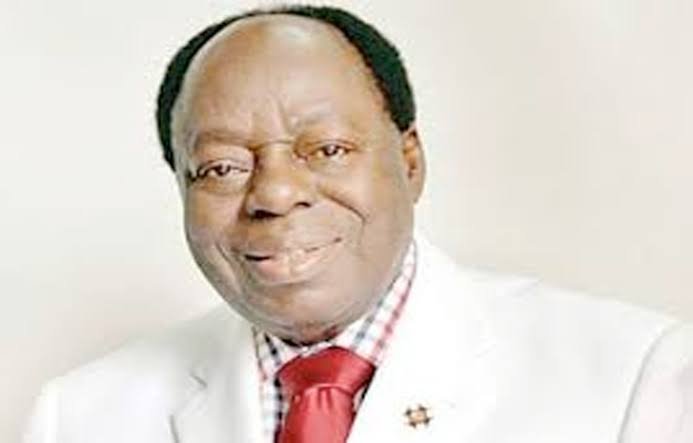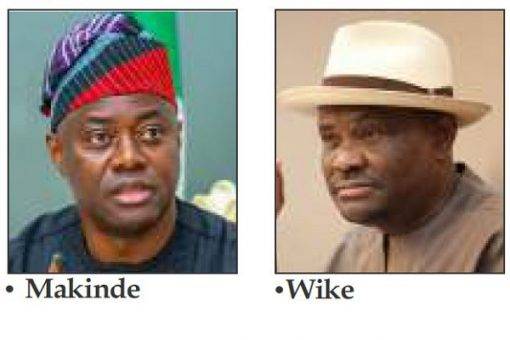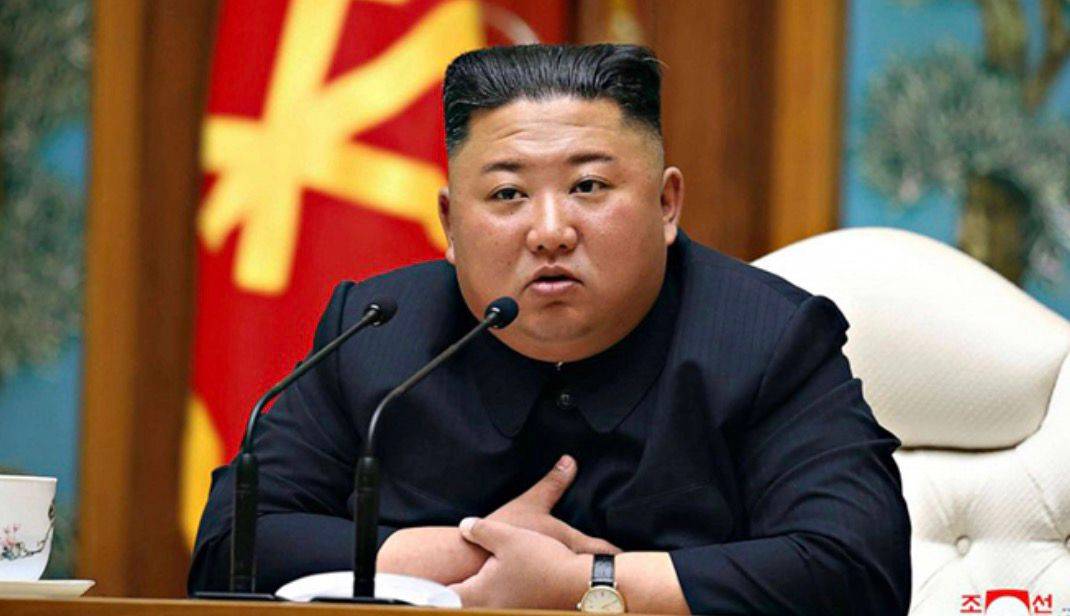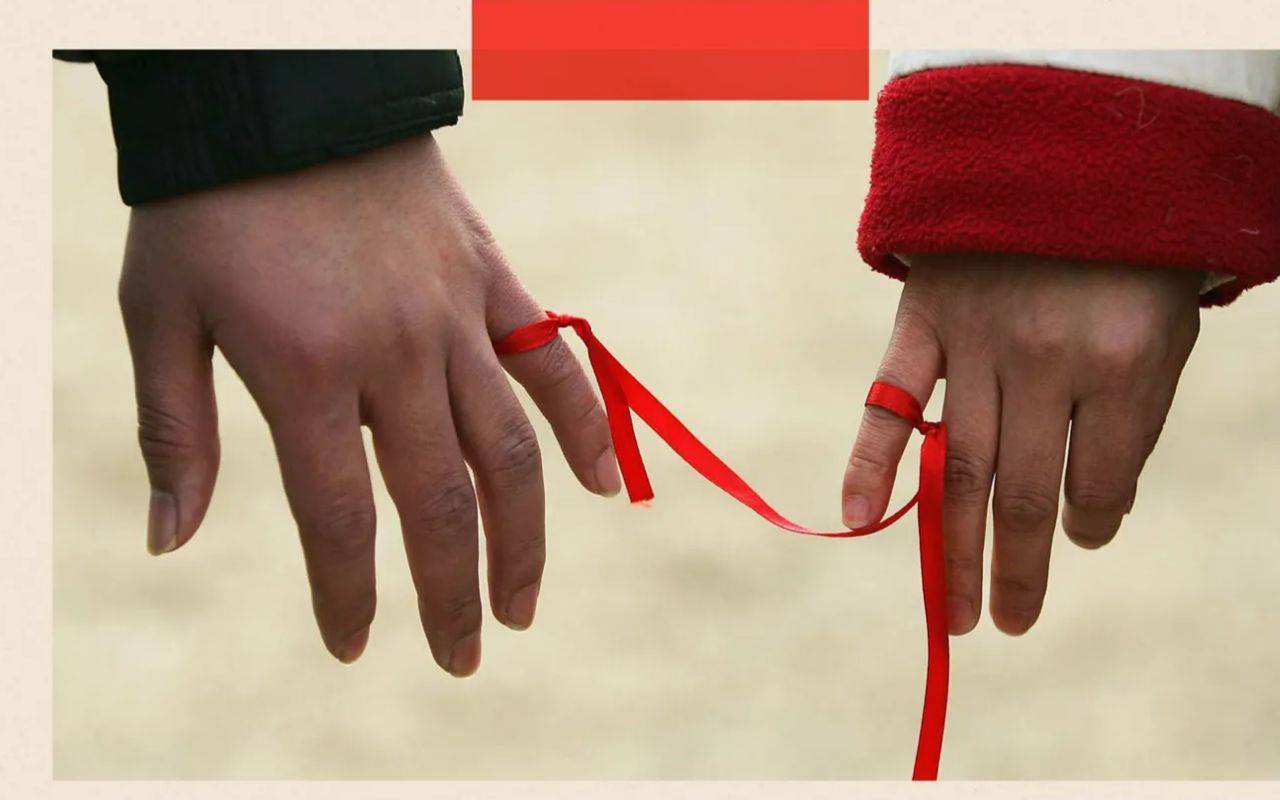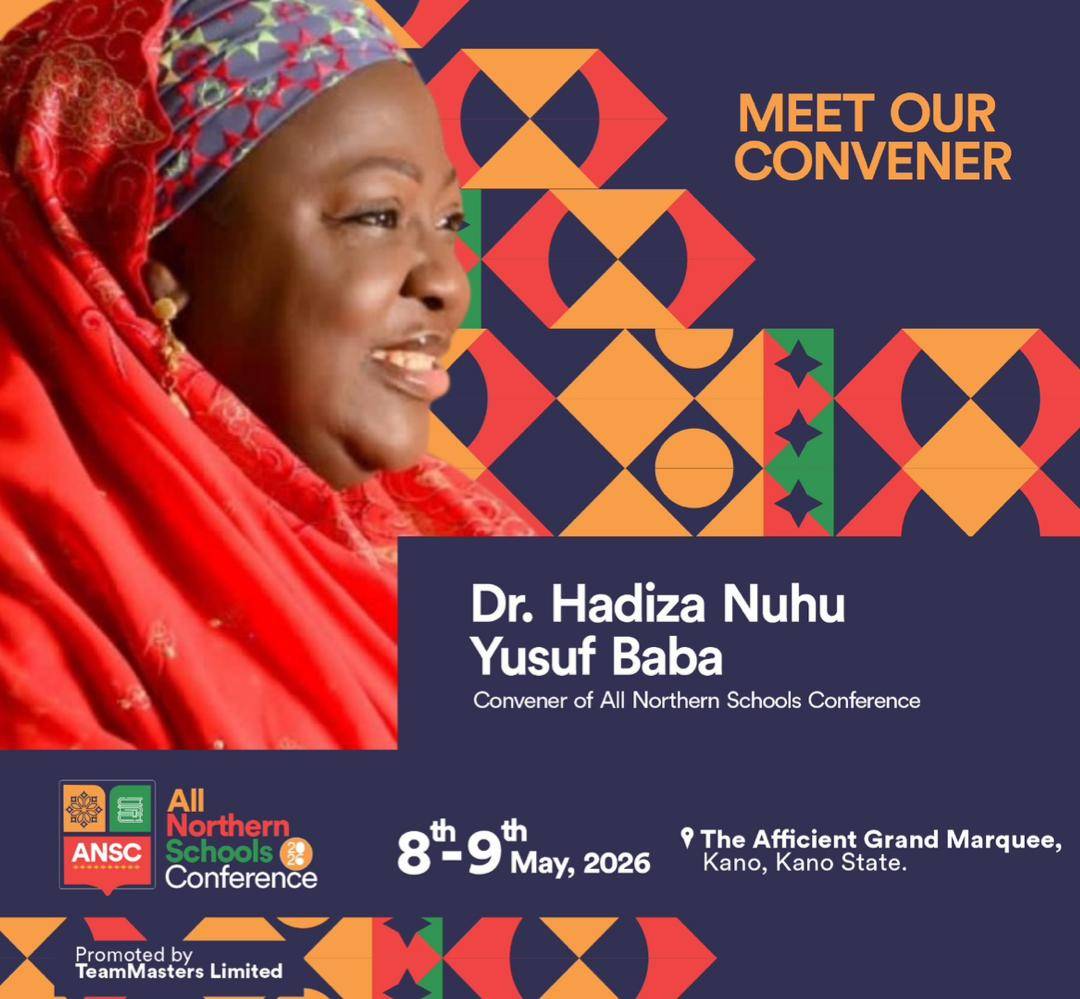By Afe Babalola SAN
IF there is any unique and over flogged word that has managed to secure a permanent abode in the political lexicon of the world today, that word, undoubtedly, is democracy.
It has been defined as “the belief in freedom and equality between people, or a system of government based on this belief, in which power is either held by elected representatives or directly by the people themselves”.
Origin of Democracy
The history of democracy dates back to the ancient times.
The earliest democracy in history was found in republics in ancient India, which were established sometime before the 6th Century BC. These republics were known as Maha Janapadas and among these states, Vaishali (in what is now Bihar, India) was the world’s first republic.
Athens is among the first recorded and one of the most important democracies in ancient times. The word “democracy” (“rule by the people”) was invented by Athenians in order to define their system of government around 508 BC. Athenian democracy was based on selection of officials by lot, and decisions in other cases by majority rule.
One of the reasons why this system was feasible was because of the relatively small population of Athens, by modern standards – only 300,000 people.
During the golden age of classical Athens, in the 5th Century BC, when it was hegemon of the Greek city-states, the Athenians encouraged democracy abroad. This led to the adoption of democratic or quasi democratic forms of government in several of Athens allies and dependent states. However, in the 5th Century BC, the Peloponnesian War saw the Greek world divided between an alliance led by Athens and a rival coalition led by Sparta. The Spartans won and democracy was abolished in all the Greek city-states which had adopted it. The Athenians themselves restored their democracy in less than a year, but were no longer in a position to promote it abroad.
Evolution of modern Democracy
Most of the procedures used by modern democracies are very old. Almost all cultures have at some time had their new leaders approved, or at least accepted, by the people; and have changed the laws only after consultation with the assembly of the people or their leaders.
Pre-Eighteenth century milestones
Renaissance humanism was a cultural movement in Europe beginning in Central Italy (particularly Florence) in the last decades of the 14th Century. It received and refined the study of language (First Latin, and then the Greek language by mid-century), science, philosophy, art and poetry of classical antiquity. The “revival” was based on interpretations of Roman and Greek tests. Their emphasis on art and the sciences marked a great change from the medieval values of humility, introspection, and passivity.
The humanist philosophers looked for secular principles on which society could be organised, as opposed to the concentration of political power in the hands of the Church. Prior to the Renaissance, religion had been the dominant force in politics for a thousand years.
Humanists looked at ancient Greece and found the concept of democracy.
Eighteenth and Nineteenth century milestones
Between the 1760s and 1790s, Americans developed and applied the concept of Republicanism, which was the basis of American Revolution. This gave rise to the Virginia Declaration of Rights of 1776 (based on the British Bill of Rights), United States Constitution ratified in 1789 and the new United States Bill of Rights.
In the 1780s, there was the development of social movements identifying themselves with the term ‘democracy’. Political clashes between ‘aristocrats’ and ‘democrats’ in Benelux countries changed the semi-negative meaning of the word ‘democracy’ in Europe, which was until then regarded as synonymous with anarchy, into a much more positive opposite of ‘aristocracy’. From the late 1770s, new Constitutions and Bills explicitly describing and limiting the authority of powerholders, many based on the British Bill of Rights (1689). The Polish Constitution of May 3,1791 is widely recognised as the second oldest Constitution in the world.
The Haitian Revolution of 1791 (the first and only successful slave revolution) established a free republic. In the 1790s, the First Party System in the United States involved the invention of locally-rooted political parties in the United States; networks of party newspapers; new canvassing techniques; use of caucus to select candidates; fixed party names; party loyalty; party platform participation and peaceful transition between the political parties.
In the early 19th century, there was the rise of political parties competing for votes in Europe. There was the extension of political rights to various social classes; wealth, property, sex, race and similar requirements were eliminated as factors for voting.
The Secret Ballot
The notion of a secret ballot where one is entitled to the privacy of his vote is taken for granted today because it is simply considered the norm. However, this practice was highly controversial in the 19th Century. It was widely argued at that time that no man would want to keep his vote secret unless he was ashamed of it.
The two earlier systems used were the Victorian method and the South Australian method. Both were introduced in 1856 to voters in Victoria and South Australia. The Victorian method involved voters crossing out all the candidates whom they did not approve of. The South Australian method, which is similar to what most democracies use today, had voters put a mark in the preferred candidate’s corresponding box. The Victorian voting system also was not completely secret, as it was traceable by a special number.
20th Century waves of democracy
The end of the First World War was a temporary victory for democracy in Europe as it was preserved in France and temporarily extended to Germany. In 1906, full modern democratic rights such as universal suffrage for all citizens as well as proportional representation and open list system were implemented in Finland.
In the same vein, the February 1917 Revolution in Russia inaugurated a few months of liberal democracy under Alexander Kerensky until Lenin took over in October. The adverse economic impact of the Great Depression hurt democratic forces in many countries in the 1930s such that it became a decade of dictators in Europe and Latin America.
The World War II was ultimately a victory for democracy in Western Europe, where representative governments were established that reflected the general will of their citizens.
Japan moved towards democracy in the 1920s while India became a democratic republic in 1950 upon her independence from Great Britain. A process of decolonisation created much political upheaval in Africa with some countries experiencing often rapid changes to and from democratic and other forms of government.
New waves of democracy swept across Europe in the 1970s and late 1980s, when representative governments were instituted in the nations of Southern, Central and Eastern Europe respectively.
Much of Latin America, Southeast Asia, Arab and African states moved towards greater liberal democracy in the 1990s and 2000s.


